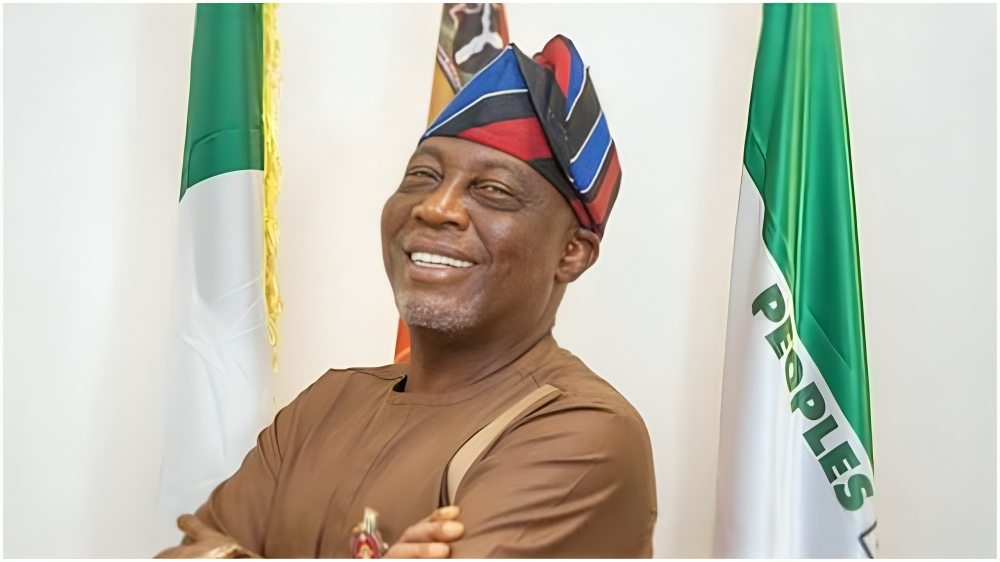Copyright standard

It might have been more dramatic episodes of “Engrenages” (Spiral) the heady hit French TV drama about power, corruption and high politics among the Vuitton-clad Elysee classes. Nicolas Sarkozy, France’s Conservative president from 2007-2012 has spent his first days in jail, beginning a theoretical five-year sentence after being found guilty of illegally seeking Libyan funding via proxies for his victorious 2007 election campaign. It is the second guilty verdict imposed by the courts on a flamboyant veteran, who keeps ending up in judicial hot water - he has been denied appeal on the grounds of attempting to bribe a judge for information in a separate funding case. Twice looks unlucky. This time, his appeal will be from behind bars. Once again, Sarkozy rides into battle against trouble he has largely created for himself - his natural mode. “Sarko”, who at 70 has the face of an animated rubberised puppet and a mien of peretual scorn for his accusers shot through with utter self-belief, counter-attacked the court when sentenced, for its “assault” on France. It is a moment of high drama hot on the heels of an ongoing stalemate, which has seen a reeling succession of four prime ministers in a year and seven in Emmanuel Macron’s presidency, as domestic leaders have struggled in minority government and a fractious parliament to grip the country’s massive budget deficit and delayed pensions reforms. In the latest round of ins-and-outs, Prime Minister Sebastien Lecornu resigned earlier this month, only to returned to office and survive two no-confidence votes in the past few days to fight another day. That precariousness has created a mood of nostalgia for the relative stability of the Conservative “Sarko” era. On Tuesday, the man now facing a lengthy prison sentence in La Sante - the “VIP” jail in the south of Paris, left home more more martyr than penitent, flanked by camera crews with his wife, the former model Carla Bruni. Both were clad in impeccably-cut black and grey outfits, as if attending a society funeral, cheered by supporters and with bursts of allies singing the Marseillaise in support. Even Emmanuel Macron, the embattled present successor to “Sarko” and just as calculating in his use of symbolism and subtle arm-twists, hosted the condemned man to drinks at the weekend in the Elysee, explaining that it was “normal on a human level to receive one of my predecessors”. Ça depend on whether your successor is facing a prison sentence under the judgement of an independent court. Next time anyone preaches to the UK about the attempts of politicians to interfere with the judiciary, let’s bear this in mind. The insider reading in Paris is that Macron is signalling to judges ahead of the parole request that he believes the sentence is a step too far, while claiming that he is merely supporting a contemporary. As odd as this tolerance appears for a persistently controversial and mercantile figure, he also has a firm network of support lobbying for pleading for an early release (few doubt he will serve anything like five years, whatever happens to the appeal). Louis, his son by Sarkozy’s ex-wife Cecilia Attias, had called for a rally in support of his father, and his children visited before he left for prison in what was described as a spirit of “resistance” - a loaded word given the Nazi occupation of France). Attias, who reportedly parted from Sarkozy over his affair with Bruni and a liaison of her own with a prominent PR magnate, posts that she is “outraged and revolted” by the treatment of her ex, who is “courageous, right and passionately attached to his country”. Bruni, not easily outdone on the attention front, posted photos of the Sarkozy clan and songs in his honour on her social media feeds. This justice quest is also a marketing opportunity. Sarkozy’s fate depends on his appeal to a certain group of well-heeled, inter-connected supporters in the Parisian “bubble” - but also a charismatic appeal beyond that - voters either love or hate him (think, Boris Johnson with superior tailoring). And he is is a forceful presence (when I met him first at a summit in Germany during the euro crisis, he brought twice as many staff as Angela Merkel, then German leader) who cast a wry eye at the entourage and welcomed “All of you”. That mixture of street-fighting self confidence - Sarkozy once described Parisian low-life criminals unapologetically as “scum”, pre-figuring the demotic MAGA- speak of today’s rightwing politics - and elite transatlantic connection (Louis spent time at American military school) and was hosted not long ago in the Lords by the Tory historian and peer, Andrew Roberts (both are ardent Napoleonophiles). More broadly, the widening divisions of French politics have hollowed out the pro-market, globalisation-friendly centre right and centre left of Sarkozy and Macron respectively. When the alternatives are Marine Le Pen’s ultra- right Front National or the gloomy far left of Jean-Luc Mélenchon, there is residual solidarity across the old political divide. If there is also tacit support for lenient treatment of Sarkozy’s wheeling and dealing, because so many others in French politics are caught up in campaign finance scandals or fear they could be: Le Pen herself has just lost an appeal against a ruling barring her from running for office after a guilty verdict for embezzling EU parliament funds, while Macron may feel that generosity toward an old opponent is a useful precaution in a punitive and changeable mood. In his prison book pile is Alexandre Dumas’s classic, “The Count of Monte Cristo”, in which the hero escapes from prison to wreak revenge and a biography of Jesus. A self-exculpatroy book Sarkozy is writing will also pass the time. Expect a degree of hyperbole last seen in plays about Joan of Arc. The former French leader has claimed he is “an innocent man” who has been put “on the cross” but, “truth will triumph. Echoes of national history and culture, ” shimmer through defence, rooted in the grubby business of funding campaigns. It’s all very French - and that is exactly what this new inmate is banking on. Anne McElvoy is executive editor at POLITICO and host of “Politics at Sam and Anne’s” podcast



